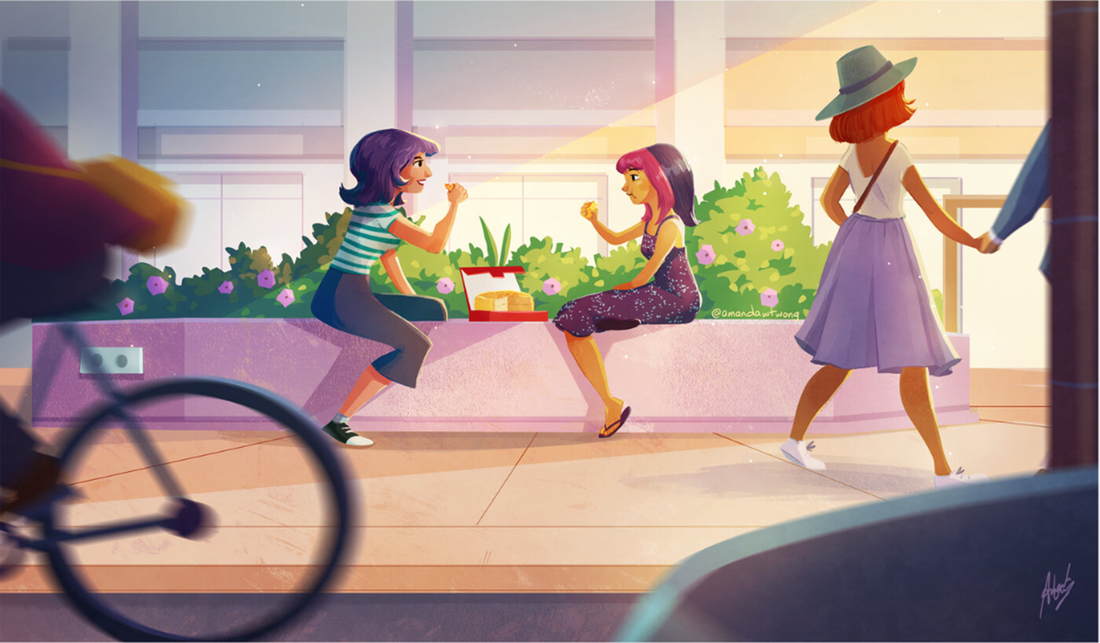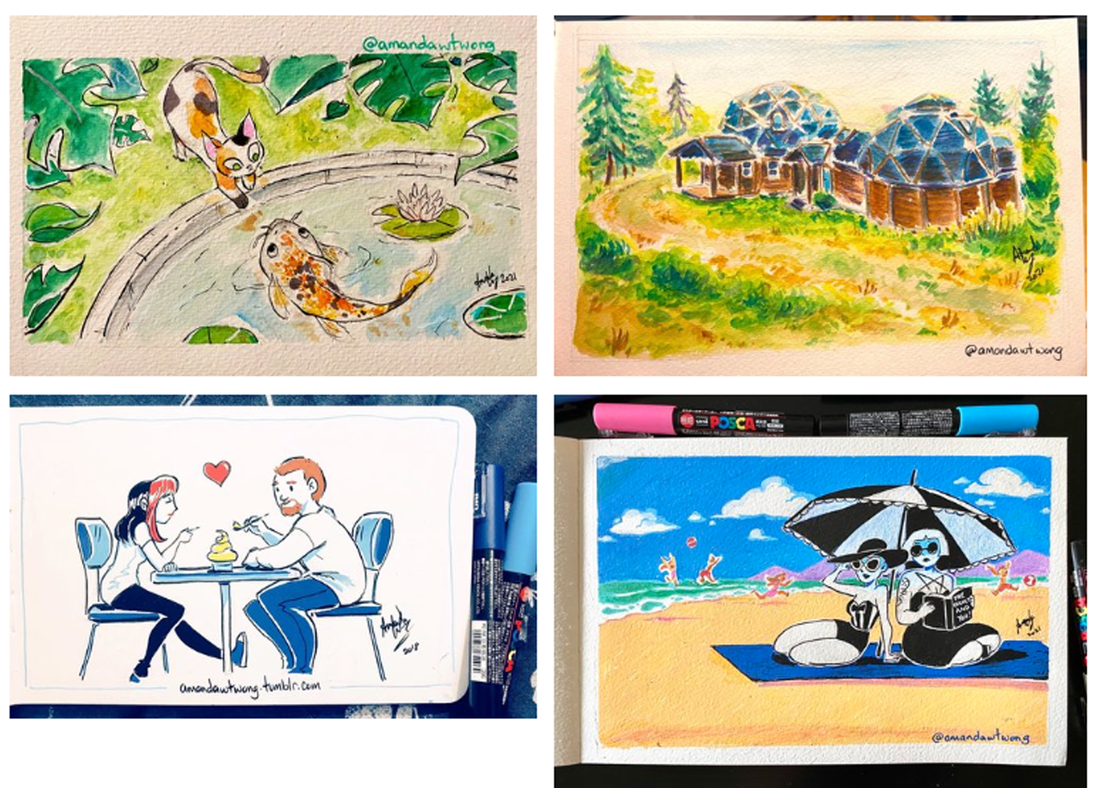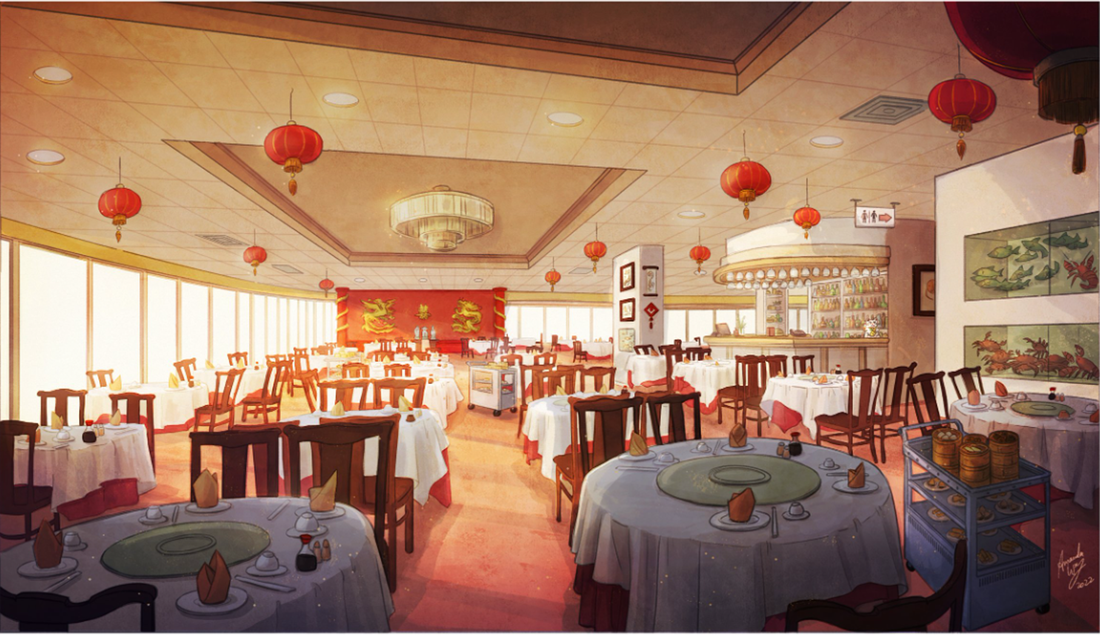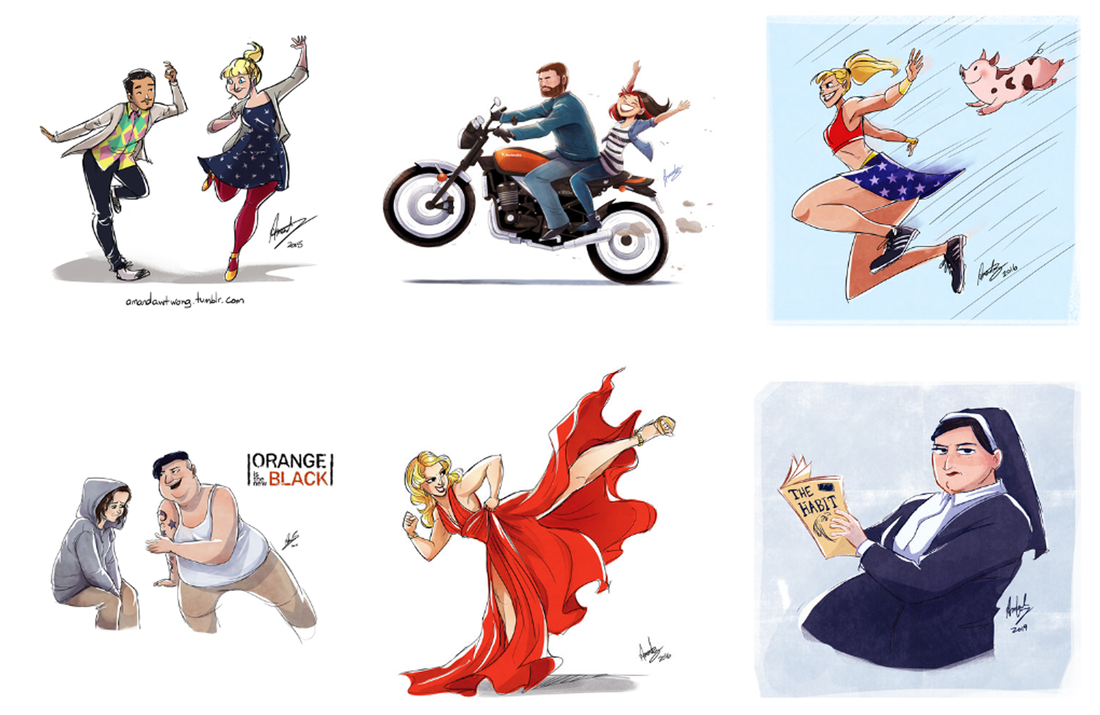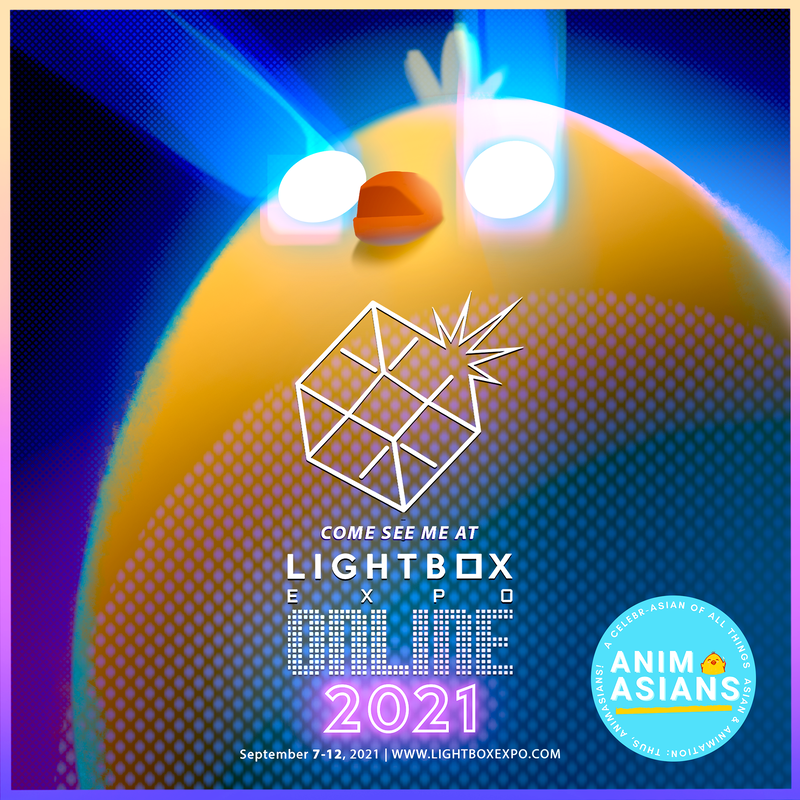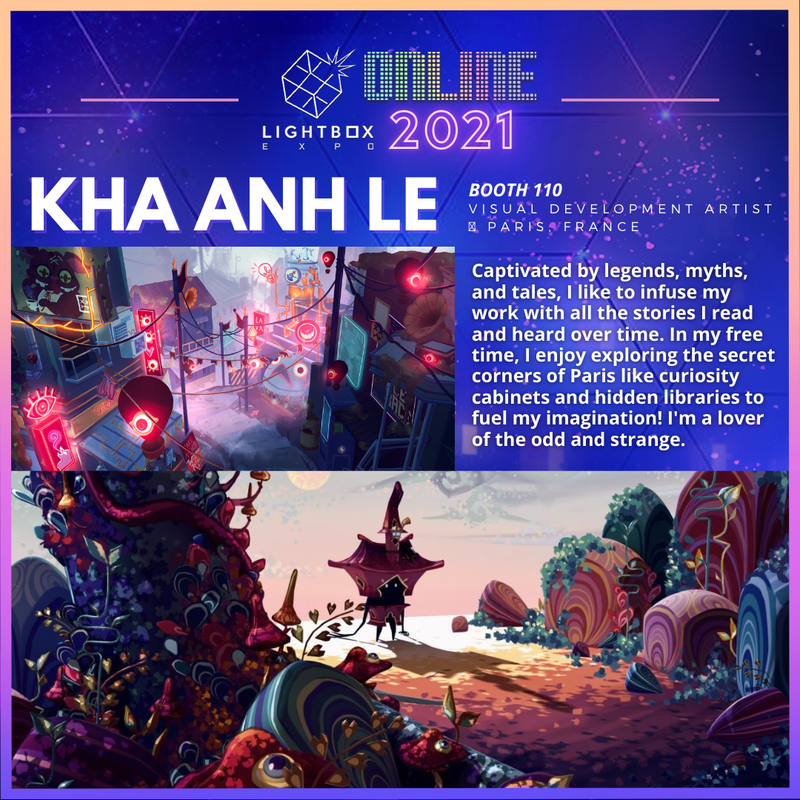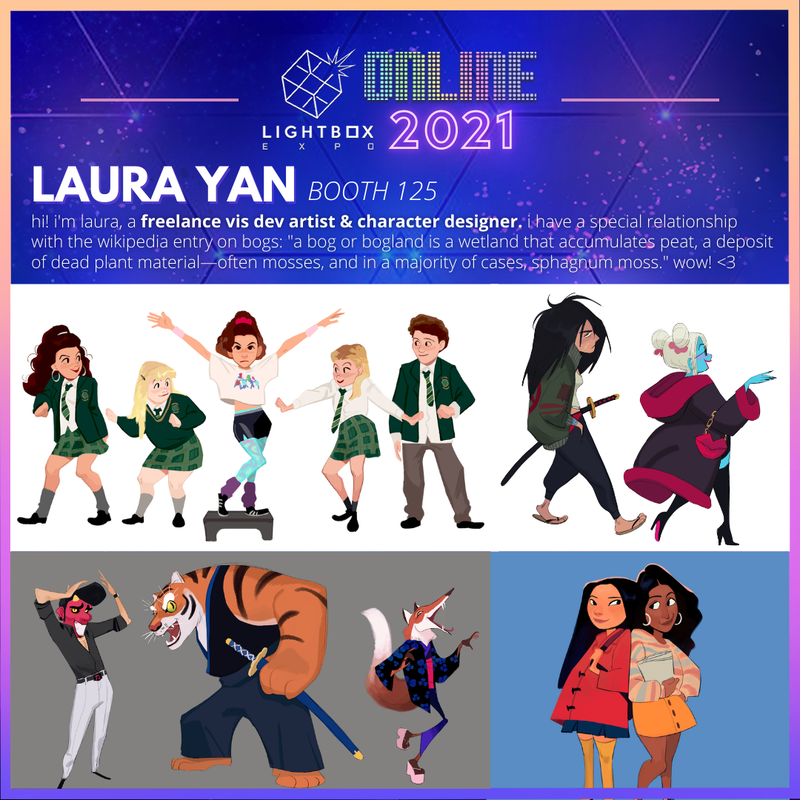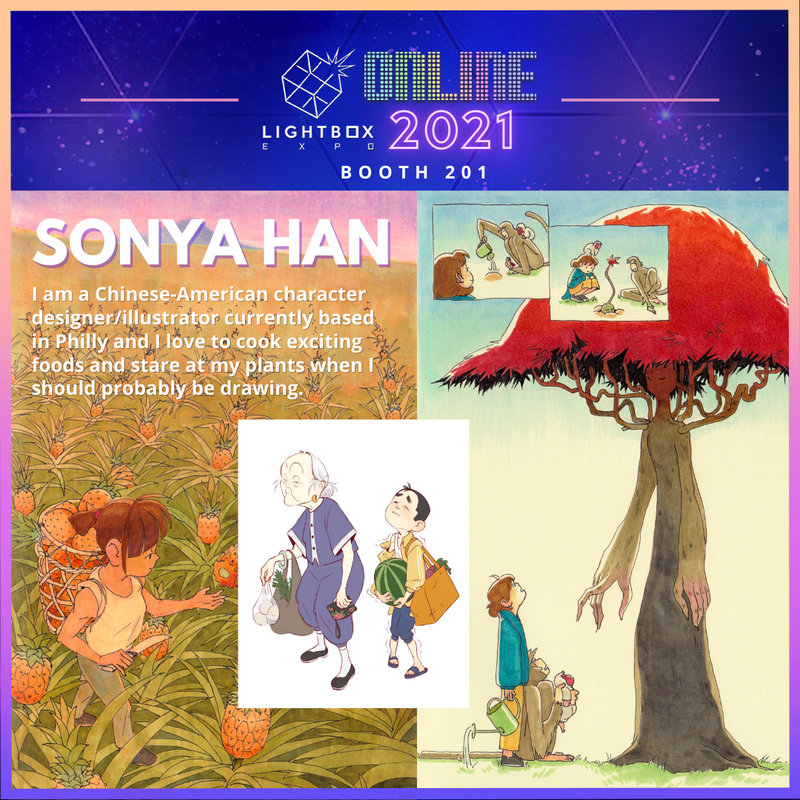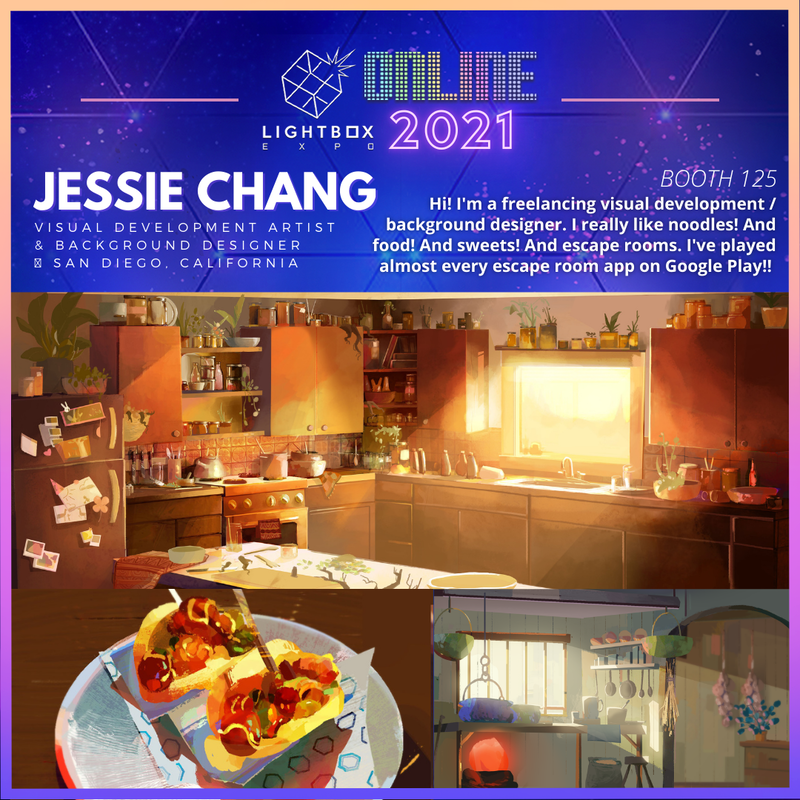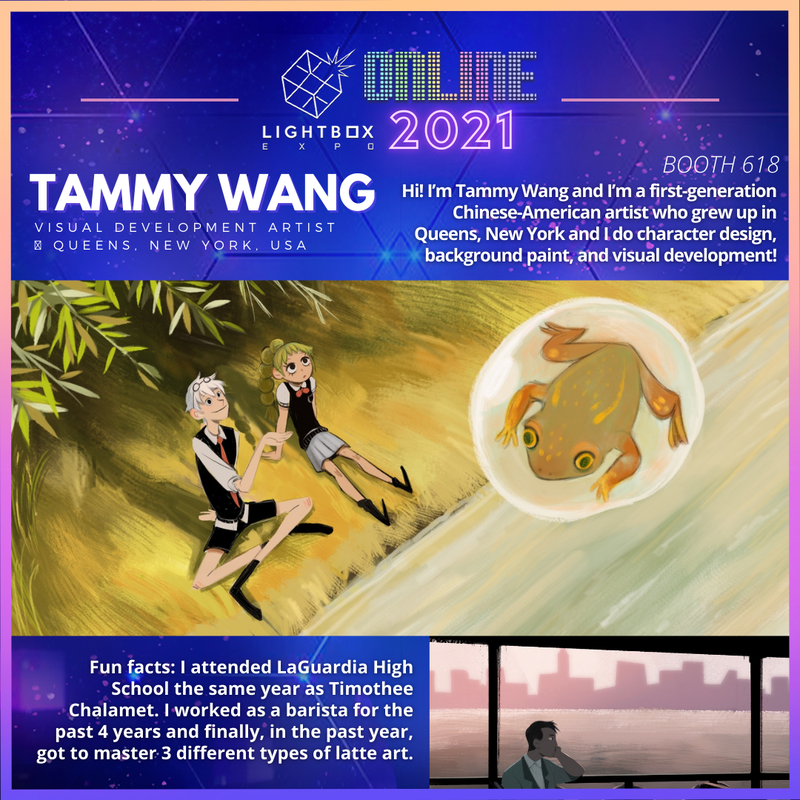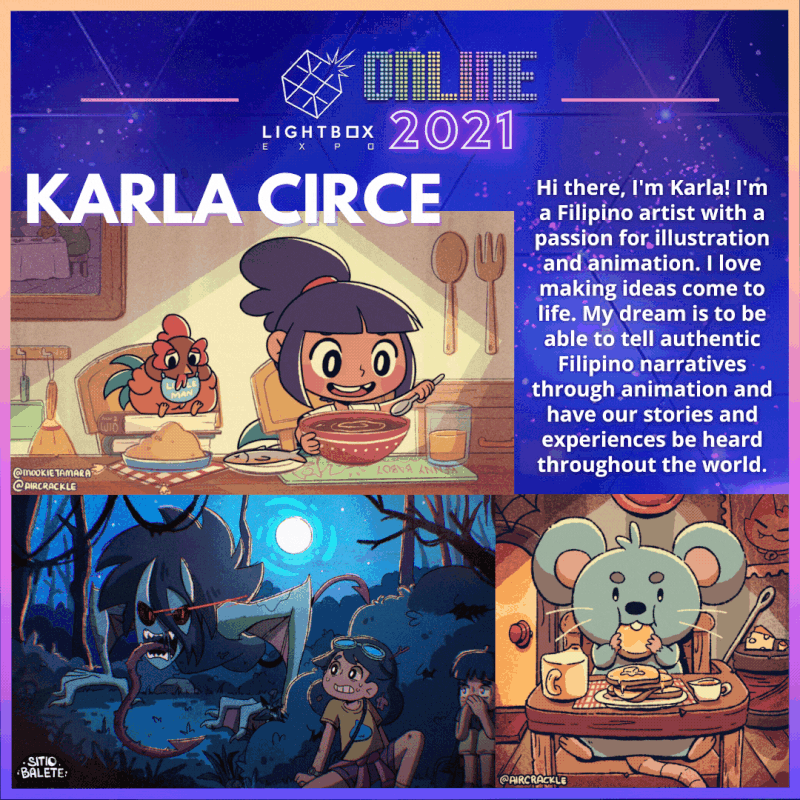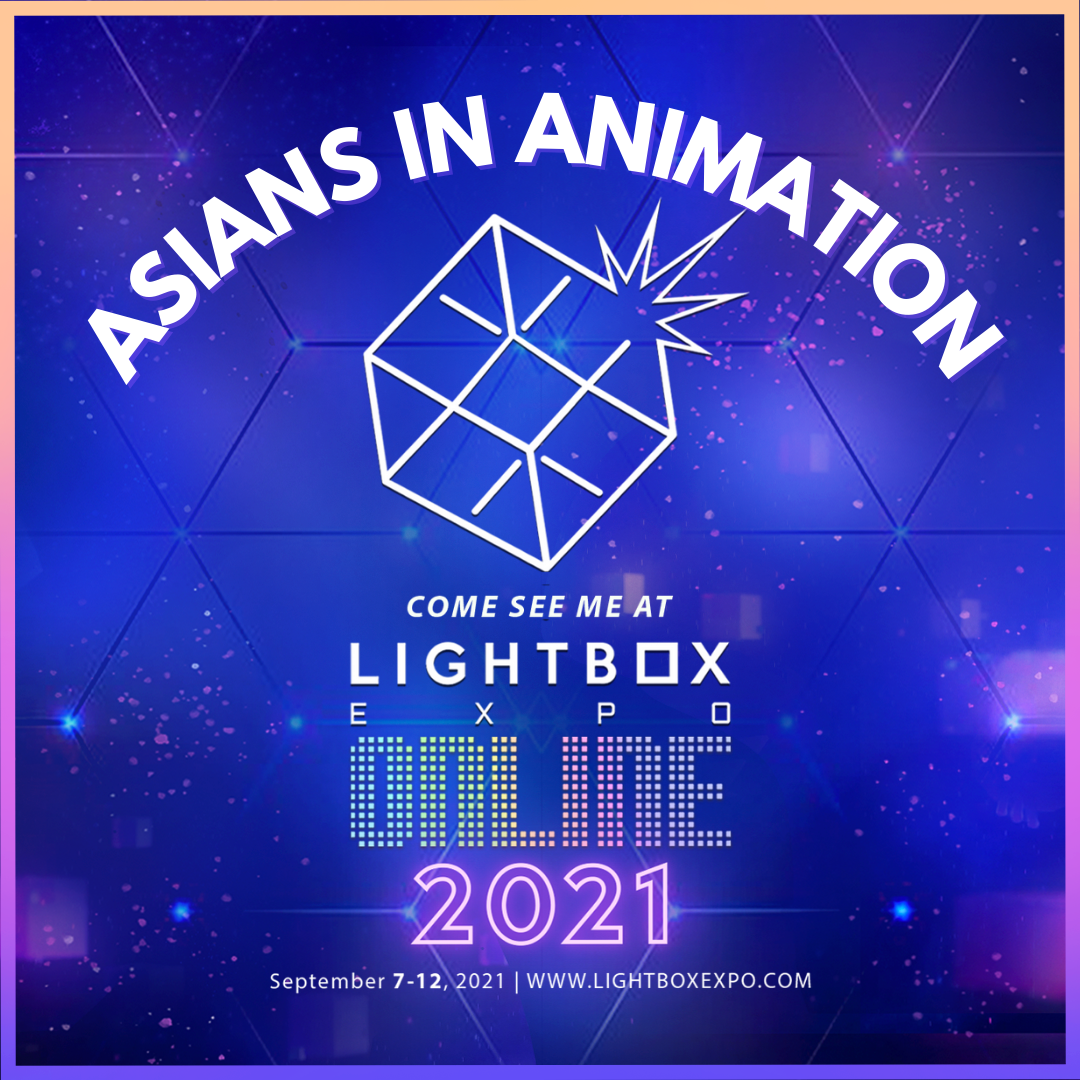|
Amanda Wong is a professional Vancouver-based background artist with extensive experience on shows like Star Trek: Lower Decks, Rick and Morty, and Carmen Sandiego. She has worked for studios including Titmouse, Wildbrain Entertainment and Atomic Cartoons. We’re so grateful to have Amanda share her career experiences with us! Read the full, unedited interview to learn more about the industry and find some advice and insights that might help you! ~~~~~~~~~~~~~~~~~~~~~~~~~~ What is the biggest piece of advice you’d give to your past self who was just starting out? So, the 2008 Great Recession actually happened during the middle of my animation program and I knew that I was going to graduate in the middle of an industry contraction. By the time I did finish school, two of the major Vancouver 2D studios had been reduced to a skeleton crew and there were very few companies willing to hire new graduates. At that point, I was very discouraged and stressed out about never being able to break into the industry. To be honest, I was an extremely anxious mess in my 20s. If I could do things differently, I would've tried not to be as affected by what other people were doing and not view my classmates as my competition; that said, anyone who has gone through animation school knows that it can be a bit of a fishbowl so I try not to be too down on the decisions that I did end up making. I would tell my past self to focus on what I could control, which would be to improve my skills and to keep building my portfolio, so that I would be ready when opportunity presented itself (And it did). I would try to be patient and trust that a situation will eventually change, whether it is animation school or a global recession. From your experience in TV and Feature Film both, what would you say is the difference in the pipeline and production process? What things do you do differently after both those experiences? Feature film has a much bigger budget and a much longer timeline than the schedule of a television project. In my brief experience, I think there is a longer period for experimentation and visual development but at the same time, there is also a longer period for scriptwriting and to figure out the story... so departments like the storyboards can remain in flux or liable to change for quite some time. I am so grateful to have gotten the opportunity to work on a 2D theatrical feature film, which I never imagined would happen at all, let alone in Vancouver. In general, feature films also demand a higher level of quality than television and so, I think my skill level improved significantly after working on the My Little Pony movie. What would be your advice to newcomers in the industry compiling their portfolio who don’t necessarily have a focus yet? I don't think it is necessarily bad for a new graduate or student to not have a focus on their portfolio. I do think it would improve their outcome if they were to present portfolio work that is as professional and production-focused as possible. This means including technical pieces like character turnarounds, expression charts, model sheets if they wanted to apply for character design positions, and including both views of a background (i.e. one angle of a room and then a second drawing with the reverse angle) if they were interested in background design. Illustrated pieces can tell a hiring artist where the student's skill level is, but they won't necessarily demonstrate that an artist knows how to work for an animation production. What advice would you give to newcomers regarding maintaining a work-life balance? Try to focus and get through your assignments during work hours even if with the tight schedules and repetitive nature of work it can feel like a grind. It can be very unhealthy (And detrimental to the entire industry) to work unpaid overtime to make it to an episode deadline. If you are struggling, let your supervisor or production know - it may be that your supervisor can work with you to help you finish your quota, or it may even be that the project is poorly scheduled and everybody is struggling to meet their deadlines. Animation is a team sport, and generally everybody wants to help each other. Lastly, with the prevailing state of the industry, how do you stay motivated? I think the animation industry by nature has always been extremely cyclical - there may be fallow periods, but generally work does return, and I have already weathered one industry slowdown as mentioned earlier. Overall, though I have had periods of burnout I am still very delighted to be able to do what I do for a living and work in this industry. Before I started working as an artist, I worked as a market research analyst and went to school for a business degree, so my career path could have easily been very different had I not returned to school for animation. Because of this, I try to keep perspective that other fields are not necessarily easier (There will always be tight deadlines and staffing issues in different private companies, I think). Beyond that, these days I try to take care of myself, and this means trying to get enough sleep, eating well, exercising, and keeping in touch with my support system. I think being vigilant with my physical and mental health is helping me stave off burnout. For me, this helps me with motivation better than anything else. That, and I'm working on Star Trek, and I love Star Trek, so it's pretty hard for me to complain these days. ~~~~~~~~~~~~~~~~~~~~~~~~~~ Learn more about Amanda’s work at http://www.amandadraw.com/.
Interview conducted and post compiled by Aliya Ariani Maryada (@alipacccc). https://www.instagram.com/alipacccc/
We'll be there alongside Rise Up Animation, Black N Animated, Latinx in Animation, and Animation Club talking about Advocating for Diversity in Animation! To learn about the latest in the animation industry, join our own Lexie Chu (Founder and President, Asians in Animation) and our friends Way Singleton (Co-Founder, Black N’ Animated), Monica Lago-Kaytis (Co-Founder, Rise Up Animation), Magdiela Hermida Duhamel (Founder and Director, LXiA), and Onyi Udeh (Founder, Animation Club). We are so grateful for the opportunity to have joined our gracious hosts Elizabeth Garcia of Wacom and LatinX in Animation. Watch the panel live on Saturday, September 11 at 11 AM - or catch the panel anytime until the end of the expo on September 12! Meanwhile, be sure to look out for some of our amazing and immensely talented community members. Meet Kha Anh Le, Laura Yan, Sonya Han, Jessie Chang, Tammy Wang, and Karla Circe below - and find them at the Artist Alley! A big thank you to our own Laura Yan for creating and pioneering the most intense version of Asians in Animation's mascot for our Lightbox Expo graphic beyond our wildest dreams.
For tickets to Lightbox, head to https://lightboxexpo.com/. We'll see you there! |

